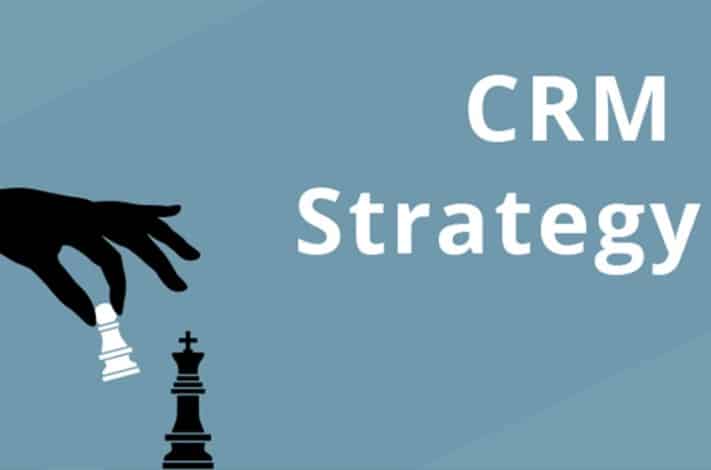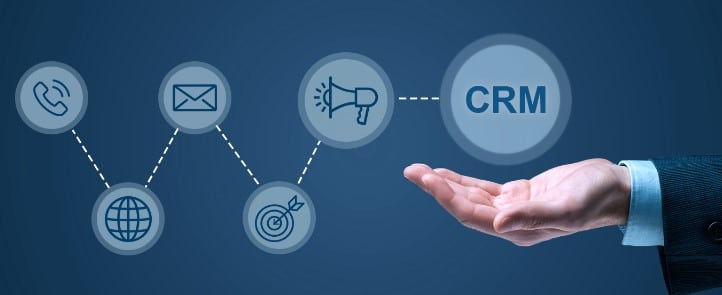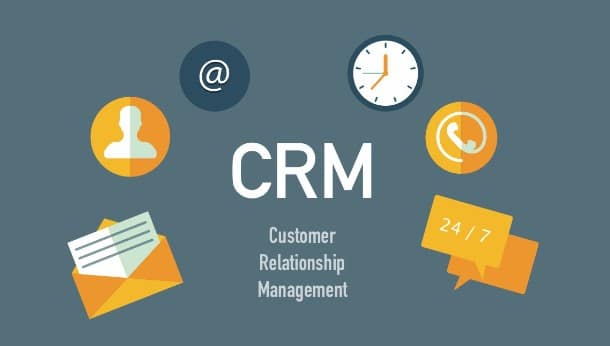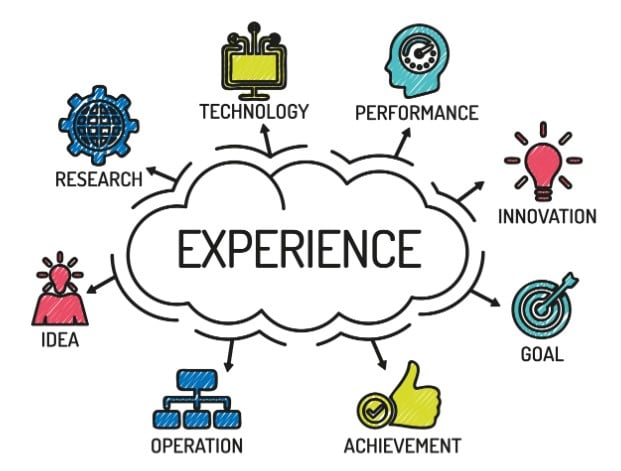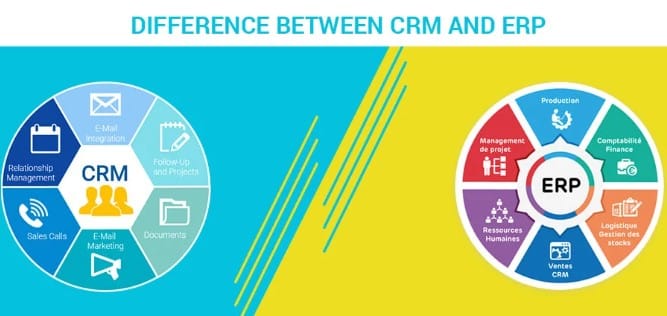In today’s highly competitive business landscape, the success of any company relies heavily on its ability to satisfy its customers.
Happy and satisfied customers not only become loyal brand advocates but also contribute significantly to a company’s bottom line through repeat business and positive word-of-mouth referrals.
In this context, Customer Relationship Management (CRM) emerges as a crucial tool that enables businesses to forge strong and lasting relationships with their clientele.
This article explores the significance of CRM in unlocking customer satisfaction and its impact on overall business success.

Understanding CRM
What is CRM?
CRM, or Customer Relationship Management, refers to a set of strategies, practices, and technologies that companies use to manage and analyze customer interactions throughout their journey with the brand. It involves collecting and organizing customer data, which is then utilized to improve customer service, boost sales, and foster customer loyalty.
Objectives of CRM
The primary objectives of CRM include improving customer retention rates, increasing customer lifetime value, and enhancing overall customer experience. By understanding individual customer preferences and behavior, companies can tailor their offerings to meet specific needs effectively.
Benefits of Implementing CRM in Businesses
Implementing CRM offers several benefits, such as streamlining customer interactions, automating routine tasks, and optimizing marketing efforts. It allows businesses to provide personalized experiences, which in turn, leads to increased customer satisfaction and loyalty.
Enhancing Customer Experience
Personalized Communication
One of the key aspects of CRM is personalized communication with customers. By collecting and analyzing customer data, companies can send targeted and relevant messages, offers, and recommendations, making customers feel valued and understood.
Customer Feedback and Surveys
CRM systems facilitate the collection of customer feedback and conduct surveys to gauge customer satisfaction levels. This valuable input helps businesses identify areas for improvement and promptly address any issues faced by customers.
Resolving Customer Issues Promptly
CRM enables efficient issue tracking and resolution, ensuring that customer problems are handled promptly and professionally. This level of responsiveness instills confidence in customers, fostering long-term loyalty.
Data-Driven Insights
Collecting Customer Data
CRM platforms gather data from various touchpoints, including website interactions, social media, and purchase history. This data provides a holistic view of customers, aiding in delivering personalized experiences.
Analyzing Customer Behavior
By analyzing customer behavior patterns, such as browsing habits and purchase frequency, businesses can gain insights into their preferences. These insights are invaluable for crafting targeted marketing campaigns.
Utilizing Data for Improving Products and Services
Customer data also helps businesses identify areas of improvement in their products and services. By addressing customer pain points and preferences, companies can enhance their offerings and increase customer satisfaction.
Building Long-lasting Relationships
Customer Loyalty Programs
CRM systems support the implementation of customer loyalty programs, rewarding customers for their continued support. Loyalty programs encourage repeat purchases and reinforce the bond between the customer and the brand.
Customer Retention Strategies
CRM aids in developing effective customer retention strategies, such as personalized offers, exclusive deals, and follow-up communication. These strategies reduce churn and maximize customer lifetime value.
Building Trust and Credibility
CRM fosters transparency and accountability in customer interactions. When customers feel that their needs are understood and addressed, they develop trust and confidence in the brand, leading to long-lasting relationships.
Empowering Customer Support
Efficient Support Systems
CRM systems streamline customer support processes, enabling support agents to access relevant customer data quickly. This enhances issue resolution efficiency and minimizes customer frustration.
Empowering Support Agents
CRM equips support agents with comprehensive customer information, empowering them to provide personalized and empathetic assistance. Well-supported agents can create positive customer experiences.
24/7 Accessibility
With CRM, businesses can offer round-the-clock customer support, ensuring that customers can seek help and resolve queries at their convenience. This accessibility significantly contributes to customer satisfaction.
Measuring Customer Satisfaction
Net Promoter Score (NPS)
NPS measures customer loyalty and satisfaction by asking customers how likely they are to recommend the brand to others. It categorizes respondents as promoters, passives, or detractors, giving insights into customer loyalty.
Customer Satisfaction (CSAT) Score
CSAT gauges customer satisfaction by directly asking them about their recent experience with the company’s products or services. It helps identify areas of strength and improvement in customer service.
Customer Effort Score (CES)
CES assesses the ease of the customer’s interaction with the company, focusing on minimizing customer effort. A lower CES score indicates higher customer satisfaction and increased likelihood of repeat business.
Integrating CRM into Marketing and Sales
Aligning Marketing and Sales Efforts
CRM integration aligns marketing and sales teams, ensuring seamless communication and collaboration. This synergy enhances lead nurturing and conversions.
Improving Lead Management
CRM assists in managing leads efficiently, tracking interactions and nurturing prospects throughout the sales funnel. Effective lead management increases the likelihood of converting leads into customers.
Tracking Customer Journey
CRM enables businesses to track the customer journey from the initial point of contact to post-purchase interactions. Understanding this journey helps optimize touchpoints for improved customer satisfaction.
Challenges in CRM Implementation
Data Privacy and Security
Collecting and managing customer data come with the responsibility of safeguarding it from potential security breaches. Businesses must prioritize data privacy to build customer trust.
Staff Training and Adoption
Successful CRM implementation requires proper training and education for employees. Ensuring that staff members are proficient in using CRM systems is vital for maximizing its benefits.
Selecting the Right CRM Solution
Choosing the appropriate CRM solution that aligns with the business’s unique requirements is crucial. A well-suited CRM system will support the organization’s goals effectively.
CRM Trends for the Future
Artificial Intelligence and Automation
The integration of AI and automation in CRM will revolutionize customer interactions, offering personalized and predictive experiences.
Mobile CRM
With the increasing reliance on mobile devices, mobile CRM will become essential for providing seamless customer experiences on-the-go.
Predictive Analytics
Predictive analytics will play a significant role in anticipating customer needs and behavior, allowing businesses to proactively address customer requirements.
Conclusion
Customer Relationship Management (CRM) serves as the key to unlocking customer satisfaction, driving customer loyalty, and increasing business success. By leveraging CRM tools and strategies, businesses can enhance customer experiences, build long-lasting relationships, and continually improve their products and services. In the dynamic business landscape, adopting CRM is no longer an option but a necessity to stay competitive and meet the ever-evolving demands of customers.
 Pmbmalahayati.id Media Informasi Terupdate Masa Kini
Pmbmalahayati.id Media Informasi Terupdate Masa Kini

